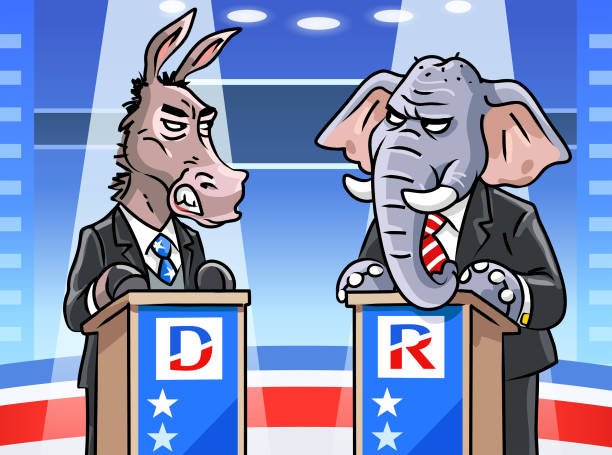In an era where information flows freely at our fingertips, a paradox emerges: Americans trust the media less than ever before. A mere 34% of citizens now express confidence in mass media—a stark contrast to the days when Walter Cronkite’s evening broadcasts served as the nation’s trusted compass.
From Golden Age to Digital Chaos
The transformation reads like a cautionary tale of unintended consequences. It began in 1980 when CNN pioneered 24-hour news coverage, unleashing a revolution that would fundamentally reshape journalism. The pressure to fill endless airtime created the first cracks in the foundation of traditional news reporting.
But it was the digital tsunami that delivered the most devastating blow. As social media algorithms began prioritizing engagement over accuracy and advertising revenues shifted away from traditional outlets, newsrooms faced an existential crisis. The 2008-2009 financial meltdown only accelerated this decline, forcing massive layoffs of experienced journalists and driving consolidation under corporate ownership.
The New Media Landscape
“We’re witnessing a perfect storm,” explains media analyst Sarah Chen. “Traditional journalism is being squeezed between declining revenues and rising pressure to generate clicks, while social media influencers and partisan outlets rush to fill the vacuum.”
The consequences are far-reaching:
• Local journalism, once the bedrock of community trust, continues to wither
• Young audiences increasingly turn to social media for news consumption
• Partisan divides in media trust have reached unprecedented levels
• High-profile reporting errors have further eroded public confidence
Signs of Renaissance
Yet amid this crisis, green shoots of innovation are emerging. A new generation of nonprofit newsrooms is taking root, while subscription-based models are proving that quality journalism can still thrive in the digital age. Organizations committed to investigative reporting and transparent practices are building direct relationships with readers, suggesting alternative paths forward.
“The future of journalism won’t mirror its past,” notes media reform advocate James Martinez. “But we’re seeing the emergence of new models that could help restore faith in the essential role of journalism in democratic society.”
The Road Ahead
As traditional media grapples with this crisis of trust, the path to renewal appears to lie in a combination of innovation and return to fundamentals. Success will require sustained investment in quality journalism, enhanced media literacy education, and the development of sustainable business models that prioritize accuracy over clicks.
The stakes couldn’t be higher. In an age of deepfakes and disinformation, trusted journalism isn’t just desirable—it’s essential for democratic survival. The question isn’t whether journalism will survive, but what form it will take as it adapts to meet the challenges of our digital age.
For a nation founded on the principle of an informed citizenry, the answer to this question may well determine the future of democracy itself.

